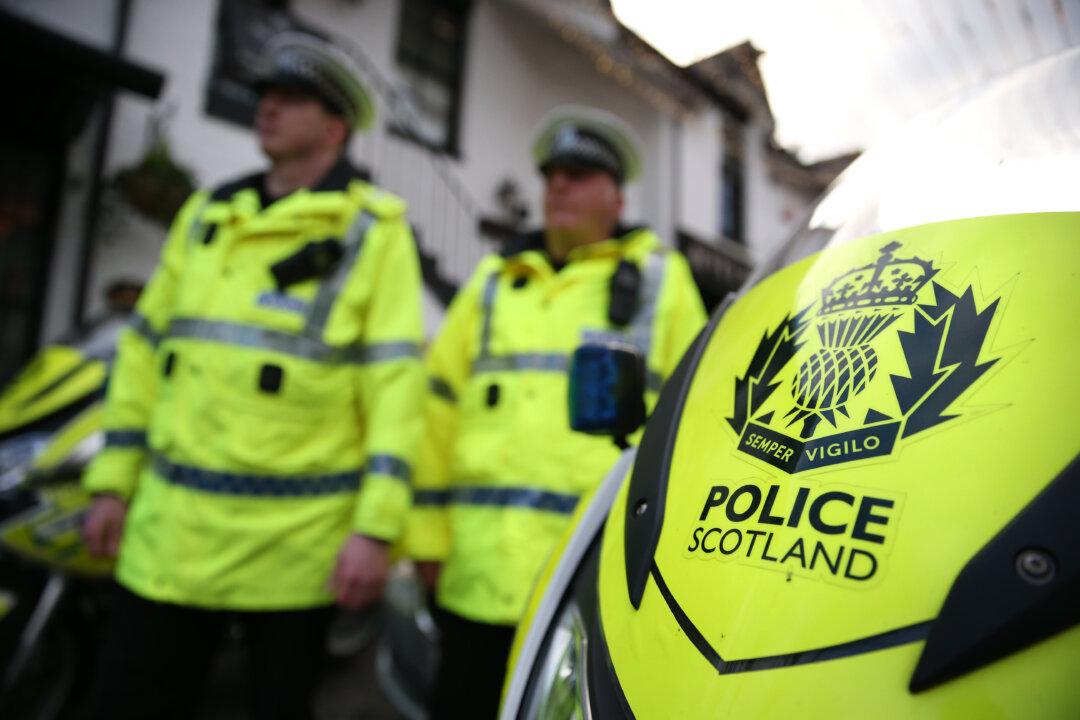Freedom of expression is under threat in Scotland because the police are increasingly recording non-crimes as “hate incidents,” the watchdog Index on Censorship has warned.
Guidance from the College of Policing, the professional body for officers in England and Wales, suggests officers should log a non-crime hate incident if it is “perceived to be” motivated by hatred or prejudice, even if the speaker insists it was a joke or an innocent remark.





